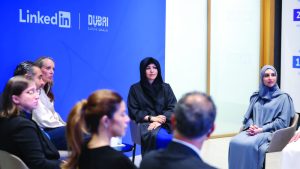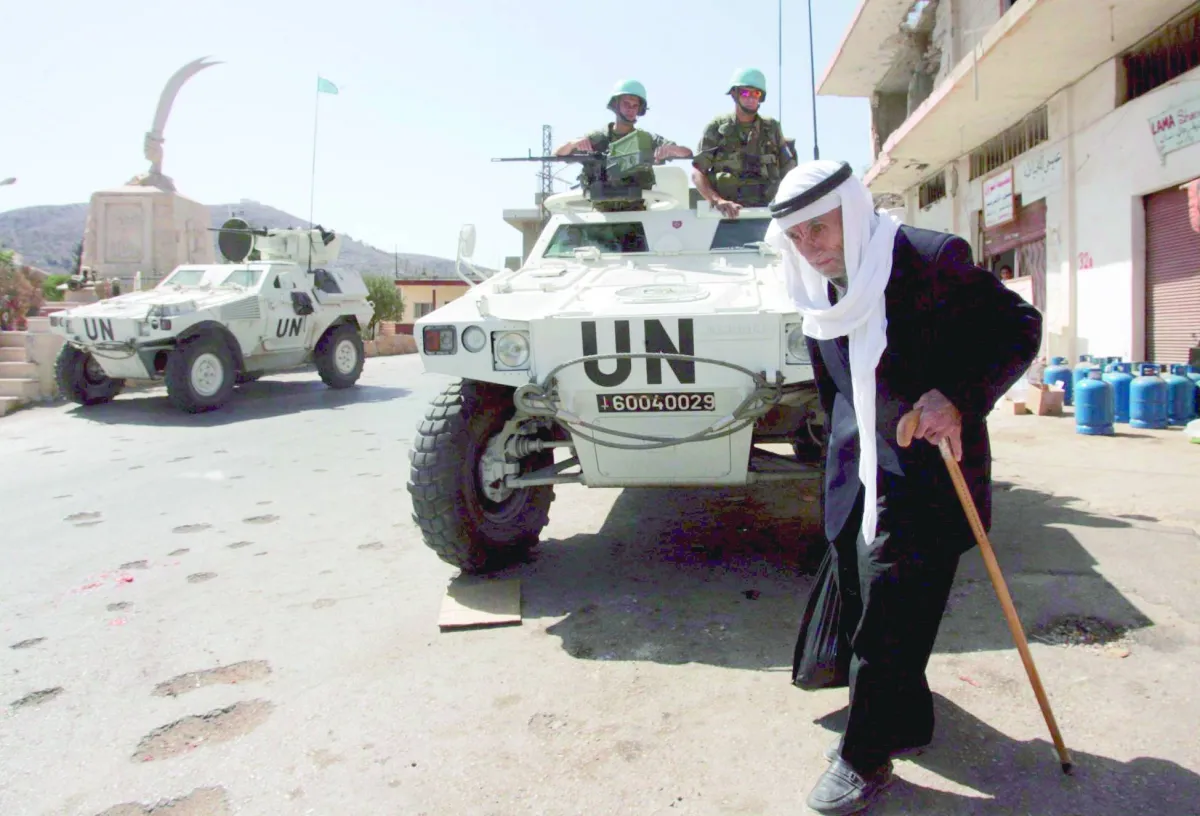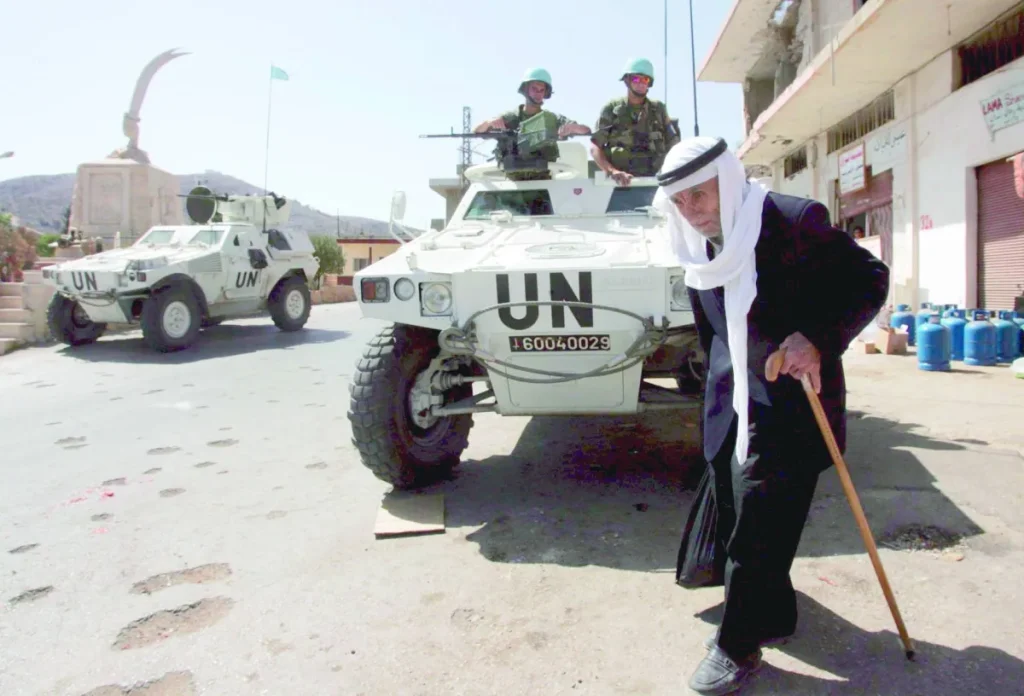On the eve of the expiration of the mandate of the United Nations Interim Force in Lebanon (UNIFIL) on August 31, the Lebanese state has mobilized politically and diplomatically to ensure the renewal of this force’s mandate for an additional year, facing a battle against Israel’s efforts to end its mission entirely and American tendencies to abandon or gradually reduce its numbers. The French side is taking responsibility for securing international support and sufficient votes in the UN Security Council to continue these forces and their role in maintaining security and stability in southern Lebanon. The renewal of UNIFIL’s mandate was a key topic during the visit of US official Morgan Ortagus, who accompanied President Biden’s envoy Tom Barrack to Beirut.
A source accompanying the US delegation revealed that Ortagus’ mission was limited to the UNIFIL file, and she discussed with Lebanese leaders the reasons for American reservations about its renewal. Ortagus stated that if there is international consensus in the Security Council to extend UNIFIL’s mandate and the justifications for this extension are presented, her country would accept passing this extension for a final year. She did not mention any changes to the tasks and powers assigned to the international forces but emphasized enabling them to fully perform their role. The amendment of the international forces’ powers is not on the agenda during the Security Council session dedicated to discussing UNIFIL’s extension, and this matter has been arranged by the French, who will draft the formula related to the international forces’ tasks.
The role of these forces is defined by the cooperation frameworks between them and the Lebanese army, which has been reflected on the ground since the ceasefire decision between Lebanon and Israel came into effect. In the context of international mobilization supporting the extension of UNIFIL’s mandate, Lebanese Foreign Minister Youssef Reggi met with the UK ambassador Hamish Cowell as part of the Ministry of Foreign Affairs’ efforts to extend the international forces in the upcoming Security Council session at the end of this month according to the formula Lebanon insists on. The British ambassador confirmed his country’s support for Lebanon’s position on extending UNIFIL and reiterated Britain’s endorsement of the decision to confine weapons to the state.
Reggi also met with Pakistan’s ambassador Suleiman Athar, whose country holds a non-permanent seat on the Security Council, and Reggi was informed of Pakistan’s support for extending the international forces according to the formula Lebanon is working to approve. The extension battle will not be easy and will be accompanied by intensive contacts until the last moments before the Security Council session and the vote on the resolution, according to former Lebanese ambassador to Washington Antoine Shadid, who described the battle Lebanon is fighting as arduous, especially since the American side is not yet convinced about the outcome of the extension for the international forces.
The resolution may pass but with American conditions, the most important of which is the United States monitoring UNIFIL’s work in the coming months, whether it enjoys freedom of movement to fully perform its role, and whether it is not subjected to attacks as it was in previous years, especially after the ceasefire in the south, and granting it the right to self-defense. The American reservations about the peacekeeping forces’ tasks in southern Lebanon are not only related to the Trump administration’s stance but also to constitutional institutions that see no benefit in their continuation and funding at the expense of Americans. Ambassador Shadid explained that there is a vision in the US Congress emphasizing the futility of keeping these forces in southern Lebanon as long as they are restricted in movement, subjected to constant attacks, and besieged during their mission.
He considers that this aligns with the American vision that sees the implementation of Resolution 1701 south and north of the Litani River, the effective deployment of the Lebanese army across Lebanese territory, and the Lebanese government’s decision to confine weapons to the state make the continuation of UNIFIL unproductive. Full implementation of international resolutions, including the disarmament of all illegal weapons in Lebanon, Israel’s withdrawal from occupied points in the south, and demarcation of the Lebanese border with occupied Palestine will enable the Lebanese army to protect the borders and confront any Israeli violations of Lebanese sovereignty.













Recommended for you
Talib Al-Rifai Chronicles Kuwaiti Art Heritage in "Doukhi.. Tasaseem Al-Saba"
Exhibition City Completes About 80% of Preparations for the Damascus International Fair Launch
Unified Admission Applications Start Tuesday with 640 Students to be Accepted in Medicine
Egypt Post: We Have Over 10 Million Customers in Savings Accounts and Offer Daily, Monthly, and Annual Returns
His Highness Sheikh Isa bin Salman bin Hamad Al Khalifa Receives the United States Ambassador to the Kingdom of Bahrain
Al-Jaghbeer: The Industrial Sector Leads Economic Growth